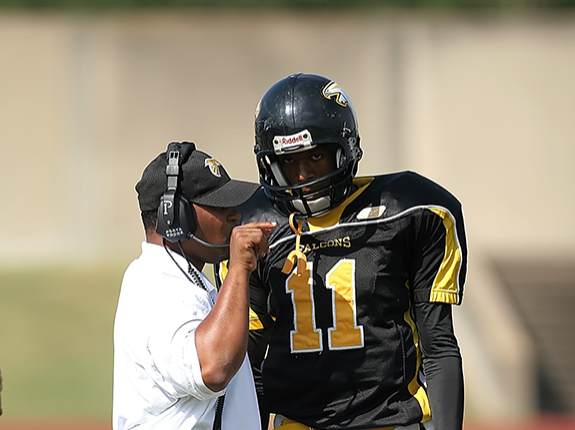What Coaches Can Do When An Opponent Trash Talks

This resource stems from a question submitted to the Ask PCA blog. Responses come from our experts including PCA Trainers, who lead live group workshops for coaches, parents, administrators and student-athletes.
“There are some opposing coaches in our league who "trash talk" to our players during the games. It's beyond things like "she can't go left" and more like "she's scared, she's too weak, she's got nothing" etc. It has certainly distracted our players several times. What is the best way to address this? I feel like confronting the other coaches will only escalate things, and I've asked the referees to step in, but they have never responded. I've told our players to ignore it and just play, but that's easier said than done.”
PCA Response By David Jacobson, PCA Trainer & Senior Marketing Communications and Content Manager
You should focus mostly on what you communicate to your players. Communicating with referees and opposing coaches is fine, and encouraged, but you will experience differing levels of success that way. Their interests – officiating effectively and coaching their teams, respectively – are not the same as yours. However, you and your players share one or more common goals, such as winning games and developing them into the best players, people and team they can be.
Therefore, your players are more likely to align with you when you address the issue of someone else’s trash-talk. It is not enough to tell your players to ignore it and just play. You must help them do so. On a deeper level, explore concepts of the cowardice that drives an opponent’s trash-talk and the courage it takes to overcome that trash-talk.
To see the full response, download a printable version of this resource, including any additional commentary from PCA, by clicking the PDF below. To read more questions and answers like this, or to submit your own question to the Ask PCA blog, click here.












